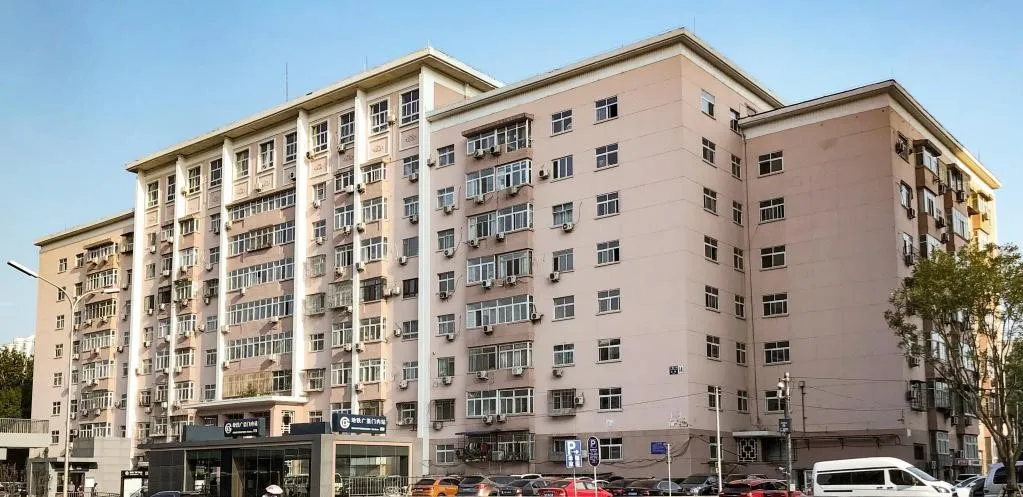Conserving Post-war Large-scale Housing Estates: A Comparative Analysis between Germany and China

In the decades following World War II, many countries in the world turned to mass housing to meet pressing housing demands. State-sponsored, collective housing has profoundly shaped the built environment and poses theoretical and practical challenges for conservation. In China, collective housing complexes only emerged as a subject of interest in the conservation field in the past decade. It is a direct response to the international modern heritage conservation initiatives and is also closely connected with the need to construct a modern Chinese identity. Though a number of collective housing complexes were exempted from demolition through protective listings, they are still plagued by the loss of inhabitants, dilapidated infrastructure, and lack of integration into current planning as well as conservation systems. In Germany, on the contrary, research on the renewal of large housing estates built during the German Democratic Republic era started immediately after the reunification in the 1990s and has accumulated comprehensive literature and wide-ranging experiences. Taking Germany’s Großsiedlungen as a comparative case, the research focuses on current conservation techniques, as well as the process of the social and cultural construction of heritage. It hopes to discuss the applicability of existing conservation paradigms on large-scale housing complexes and also aims to provide best practices for China.
Yimei Zhang, Master of City Planning and Master of Science in Historic Preservation, University of Pennsylvania
gefördert durch Alexander von Humboldt Stiftung, Bundeskanzler-Stipendium, Oktober 2022 – September 2023
See also New Humboldt Foundation Chancellor Fellow Yimei Zhang researches on post-war large-scale housing
Yimei will give a lecture as part of the professorship's lecture series on wednesday, 23rd of January, 3.00 - 4.30pm. Room 2760